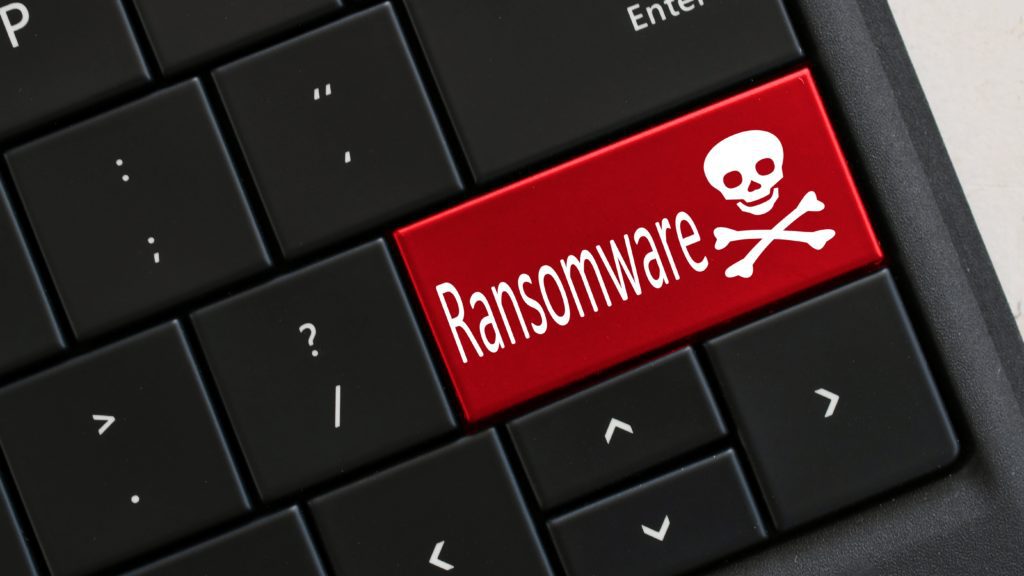The 12 Scams of Christmas

It may be the season of goodwill and a time for giving but this Christmas we are asking you to be a bit of a Scrooge and don’t gift your finances or data to potential scammers. Here are some of the most common scams you are likely to experience across email, text message and phone calls.
Be a Scrooge This Christmas – Don’t Gift Your Data to Cyber-criminals

“Beware of Greeks bearing gifts” is a well-known proverb and refers to the famous Trojan Horse used by the Greeks to enter the city of Troy, under false pretences. The Trojan metaphor is very common in the world of cyber-security and now you know why. It is very rare to get something for nothing (or is it just me?) and so this one time you are being encouraged to be a Scrooge this Christmas and Don’t Gift your Data to Criminals.
How to Detect a Phishing Email

With so much of your time being spent in your inbox, it’s not surprising that this is where cybercriminals are increasingly targeting their victims. Your email is “The Number One Threat Vector” and Phishing emails are proving highly successful for cyber-criminals. The content for this post is courtesy of our partners at VadeSecure. Here you will learn how to detect a phishing email after which you should take the test to see if you can detect a phishing email. To find out how you can protect your inbox, please visit our Managed Email Security page by clicking on the button below.
70% of Enterprise Ransomware Victims Pay Up

The world most valuable resource is no longer oil, but data. So what happens when this most valuable of assets is compromised or stolen? Would you pay to get it back or prevent its release to the wilds of the internet? Recent data suggests that 70% of enterprise ransomware attacks result in the criminals successfully eliciting payment from their victims.
Invoice Redirect Fraud 2020

It was reported by RTE, that Gardai in Waterford are investigating after it was discovered that a company was conned out of €65,000 while in the process of buying a machine to be used in the manufacturing of PPE.
Cybercriminals will exploit Remote Workers during COVID-19 Crisis
I believe, however, that an element of complacency will set in with remote workers owing to the physical disconnect from HQ that will likely lead to many users and business falling victim to cybercriminals who are taking advantage of the COVID-19 crisis.
Five Tips to Avoid Phishing Attacks
Practically everyone has heard of or read about phishing emails and the reason we all know about them is that they just won’t go away. As far back as 2010, we were warning our clients about these malicious emails
IDS Ireland Domain Name Scam

We have been contacted by a number of our customers seeking advice after receiving an email from an entity calling itself IDS Ireland soliciting them to buy a domain associated with their brand. The mail suggests that someone has requested to register your brand name with a .eu or .com address and they are offering you a first registration option for these domains. Back in January, many small businesses in Ireland received almost identical emails from what appears to be the same source but then calling itself DNS Ireland. The current website they are using is similar to the one they used back in January, with slightly different branding and a different business address.
Don’t be tricked this Halloween. October is Cybersecurity Awareness Month
Share on facebook Share on twitter Share on linkedin Halloween is the one night of the year when ghosts and ghouls freely roam the streets, however in this brave new online world that we all inhabit scary stuff isn’t limited to a single day. Disguised as cyber threats, digital ghosts and ghouls are ever-present, waiting […]
Brute Force Ransomware Attacks are on the Increase: A Strong Password Policy is your Best Defence
Share on facebook Share on twitter Share on linkedin Brute Force Ransomware Attacks are on the Increase: A Strong Password Policy is your Best Defence Recent research by leading cybersecurity firms such as SonicWall, McAfee and F-Secure has found that brute force attacks are now the preferred means of spreading ransomware however, phishing emails remain […]

